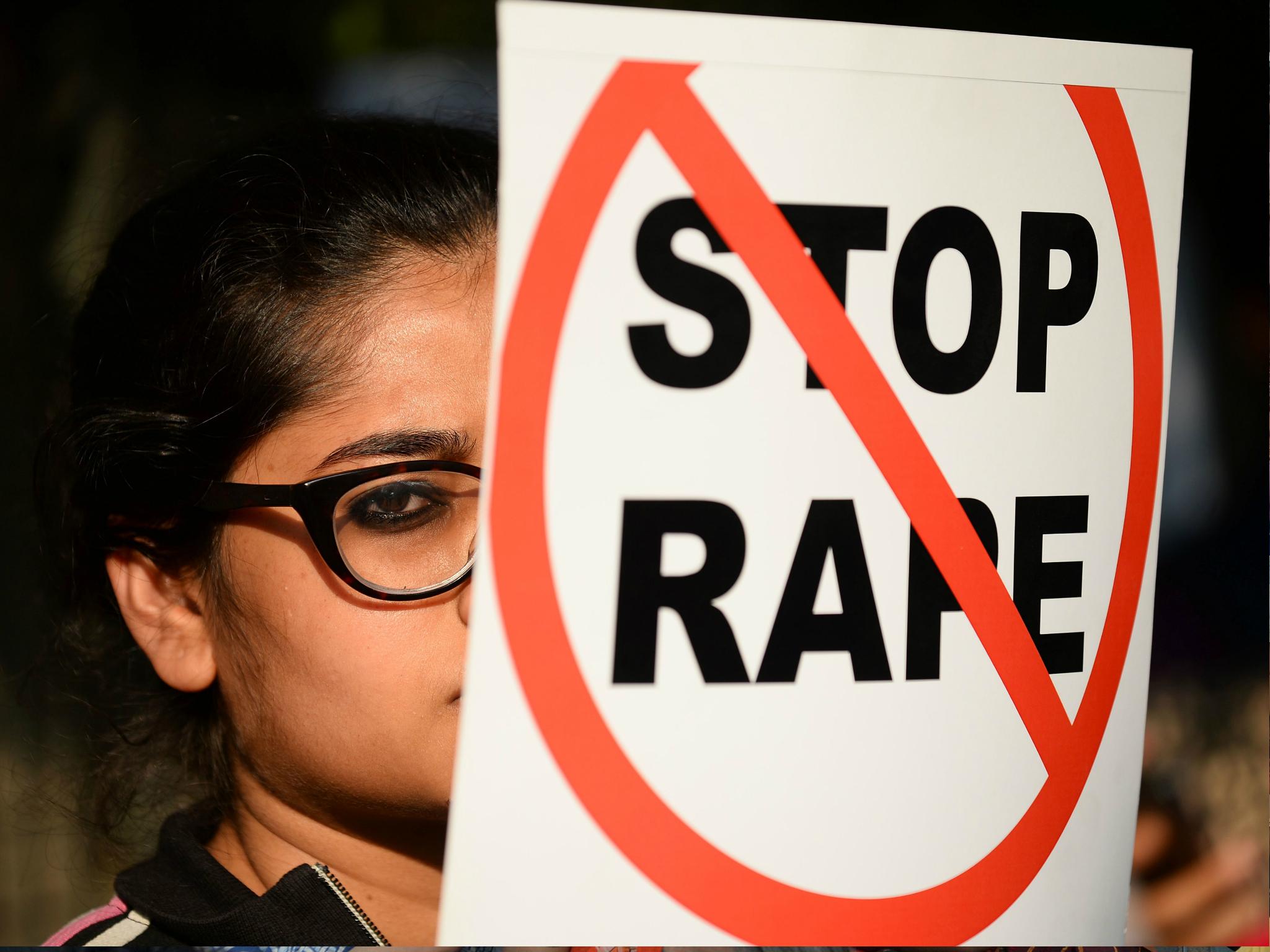Indian women '40 times more likely to die after sexual assault than in US'
A new study compares India's three largest cities with just one American city - Pittsburgh

Women in India are 40 times more likely to die after being a victim of sexual assault than female victims in the US, according to a new study that compares cases from various hospitals in both countries.
The study, conducted by researchers from the Tata Institutes of Social Sciences in India and Sweden as well as the University of Pittsburgh, analysed the gender and outcome differences of different types of trauma - including sexual assault.
The data, collected from 2013 to 2015, showed the top three causes of injury for women were falls, road traffic incidents, and assault.
However, the study’s questionable parameters could be a reason for the high - what researchers called "unparalleled" - discrepancy in death risk rather than an actual higher risk in India versus the US.
The Indian database researchers relied upon drew on cases submitted from four hospitals in the country’s three largest cities with 10 million or more residents - Mumbai, Delhi, and Kolkata.Mumbai, Delhi, and Kolkata.
The US database did not have a comparable highly populated American city’s submissions but instead included cases from three trauma centres in just one, medium-sized city - Pittsburgh, Pennsylvania, which has a population of a little over 300,000.
Researchers suggested the discrepancy was mostly due to a social stigma and lack of access to affordable care in India, leading women to not seek immediate medical care for injuries.
But, victim’s advocacy groups in the US like Planned Parenthood, the Rape, Abuse & Incest National Network (RAINN), and other victims’ advocacy groups have cited similar problems for American women who are victims of sexual assault and rape.
In the US in particular, there is the issue of thousands of kits - the results from medical examinations following a sexual assault or rape - that remain untested, sometimes for years at a time.
The study, other reliable data, and several anecdotal news reports certainly point to a problem of fatal sexual assault cases in India, however.
In 2012, the brutal gang rape on a Delhi bus of Jyoti Singh Pandey made global headlines as thousands of people in India took to the streets to protest the lack of legal protections for victims of sexual assault, the courts slow or lack of processing such cases, harmful police practises, and the underlying societal issues that have led to a problem in the country.
More recently, a judge in Delhi sentenced a popular so-called “spiritual guru” to a total of 20 years in prison for raping two female followers.
In Delhi alone, there was an estimated six reported rape and molestation cases a day despite a dip in overall crime rate as of February 2017.
India’s National Crime Records Bureau (NCRB) reported that at least 34,651 cases of rape were reported across India in 2015.
The total number of “sexual harassment, attempts to undress, importation of girls from foreign countries, cruelty by husbands or other relatives, kidnapping and abductions, among others” was closer to 330,000 that same year, according to Al Jazeera.
To put those numbers in perspective, in the US in 2014 the number of reported sexual assaults and rapes was a little over 320,000 according to RAINN.
The group estimates that “every 98 seconds another American is sexually assaulted”.
While the Tata Institutes-University of Pittsburgh study is accurate in explaining that “pre-hospital care services are also not likely to be as well developed” in India as compared to the US, the situation with the American healthcare system and the debate over access to healthcare insurance in Congress may mean millions of American women are shut out from services despite the advanced level of care.
Kavita Krishnan, Secretary of the All India Progressive Women's Association, told Al Jazeera, however unreported cases are likely higher in India not just due to the population but social stigma.
"The heart of the issue is structures in India that continue to restrict women's autonomy, and especially sexual autonomy, often justified in the name of culture."
Join our commenting forum
Join thought-provoking conversations, follow other Independent readers and see their replies
Comments
Bookmark popover
Removed from bookmarks